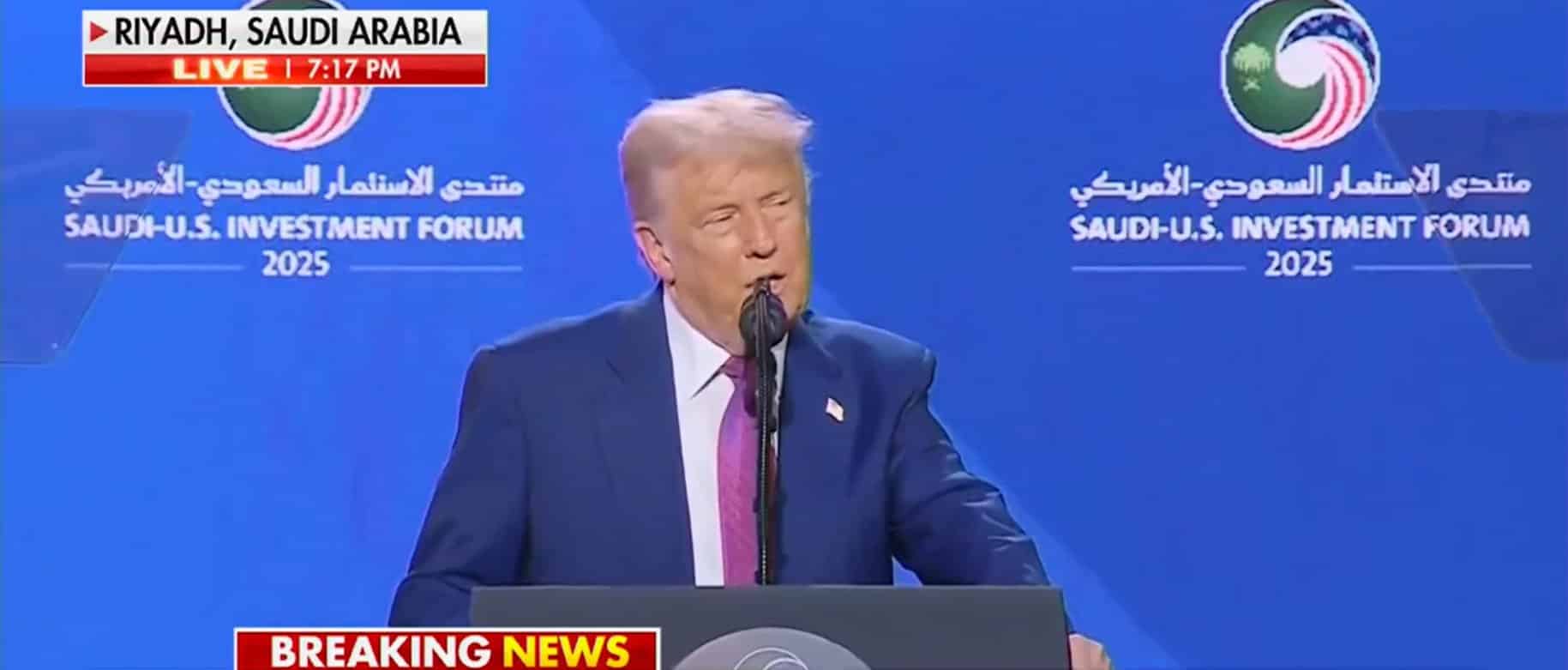During the 1988 campaign, George W. Bush came to the Courthouse in Maryville, TN to speak at a rally for his Dad. As we were leaving, I told my friend and later Chief of Staff, Bob Griffitts, “Bob, he is better than his Dad.”
When he ran for President in 2000, then Governor Bush went all over the Country saying we needed a more humble foreign policy, and according to Foreign Policy Magazine, he “famously campaigned against nation building.”
The Independent Institute reported that in a 2000 debate, candidate Bush said “If we are an arrogant nation, they will resent us; but if we are a humble nation, but strong, they’ll welcome us.”
Wikipedia says Bush criticized President Clinton as being too interventionist and said: “If we don’t stop extending our troops all around the world in nation-building missions, then we’re going to have a serious problem down the road, and I’m going to prevent that.”
Because of statements like these, along with my favorable impression from 1988, and my strong opposition to Vice President Gore, I became enthused about the Bush campaign.
During all of my 15 campaigns for Congress, I held a Duncan Family Barbecue with 6,000 to 8,000 in attendance. I was very pleased when Gov. Bush rearranged his schedule just a few days before the election on very short notice to also attend.
We marched into the Knoxville Coliseum behind the University of Tennessee Pep Band, and he stood in the receiving line much longer than I expected. When I walked him back to his limousine, I said “Governor, you’re going to carry Tennessee.” He replied “If I do, I’ll win the election,” and that is exactly what happened.
That night, my son, Zane, said “Dad, I have never heard you so excited as when you shouted ‘the next President of the United States, George Bush!”
I had been a Pat Buchanan-American Firster all through the 90s, so you can imagine my disappointment when President Bush allowed himself and, more importantly, his foreign policy to be controlled by Neocons.
Of course, in spite of being put into a little secure room at the White House with Condoleeza Rice and the top two leaders of the CIA so they could put pressure on me, I shocked my district and voted against going to war in Iraq.
And then, over the next many years, Reps. Ron Paul and Walter Jones and I were the only Republicans in the U.S. House who consistently and repeatedly spoke and voted to bring our troops home from Iraq and Afghanistan many years before we did.
Then, after Sen. Rand Paul decided not to run for President in 2016, I became one of the first members of Congress to endorse Donald Trump for President. I did this because I thought he was the least hawkish of all who were running for the Republican nomination, and he had made some critical comments about the decision to go to war in Iraq.
But I was disappointed once again when he put Neocons like John Bolton and others into key positions in his Administration, appointments I think he later regretted.
With this history and background, you may think I am very foolish, but my hopes are up once again because of President Trump’s Inaugural Address and even more so because of his speech in Riyadh on Tuesday.
In his Inaugural Address, he said: “We will measure our success not only by little battles we win, but also by the wars that end, and perhaps most importantly, the wars we never get into.”
Then I was ecstatic when I heard what he had said in his speech in Riyadh: “But in the end, the so-called nation builders wrecked far more than they built, and the interventionists were intervening in complex societies that they did not even understand themselves.”
“No, the gleaming marvels of Riyadh and Abu Dhabi were not created by the so-called ‘nation builders’, Neocons or liberal non-profits, like those who spent trillions and trillions of dollars failing to develop Baghdad and so many other cities.”
He added: “The birth of a modern Middle East has been brought by the people of the region themselves—the people that are right here, the people who have lived here all their lives, developing your own sovereign countries, pursuing your own unique visions and charting your destinies in your own way.”
Trump also said what he called the “great transformation” of Saudi Arabia and the Middle East “has not come from western interventionists…giving you lectures on how to live and how to govern your own affairs.” These are words Ron Paul himself could have said.
This speech, along with numerous reports that Trump is tired of being manipulated by Netanyahu, his ending sanctions against Syria, entering negotiations with Iran, stopping the bombing of Yemen, and leaving Israel off his Middle East trip, all give hope for a different and perhaps more diplomatic, less hawkish U.S. foreign policy.
When you add to all these hopeful signs from Trump the May 9th column by Thomas Friedman entitled “This Israeli Government Is Not Our Ally”, change may be in the air.
Friedman wrote that “Netanyahu is not our friend” and added: “On the Middle East, you have some good independent instincts, Mr. President. Follow them.” This may be one of the very few times I have ever agreed with one of the longest-serving employees of the New York Times.
Now, I just wish there were a few more in Congress with the courage of Thomas Massie.

